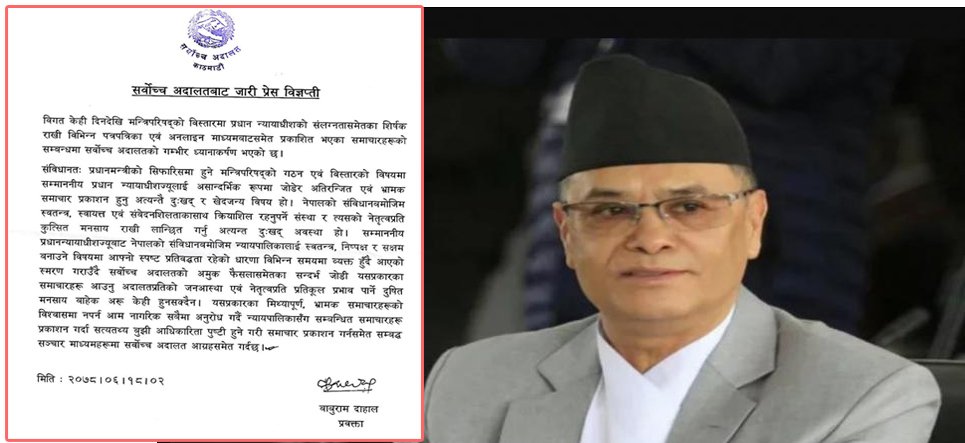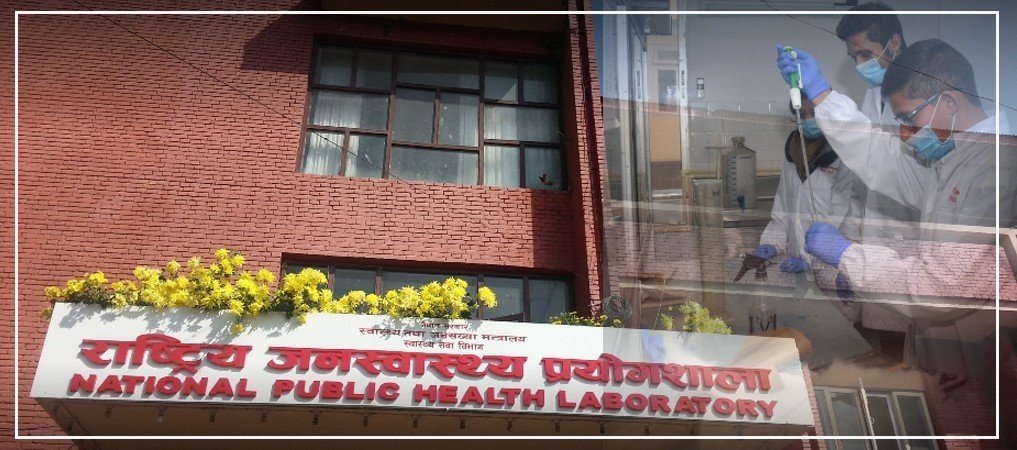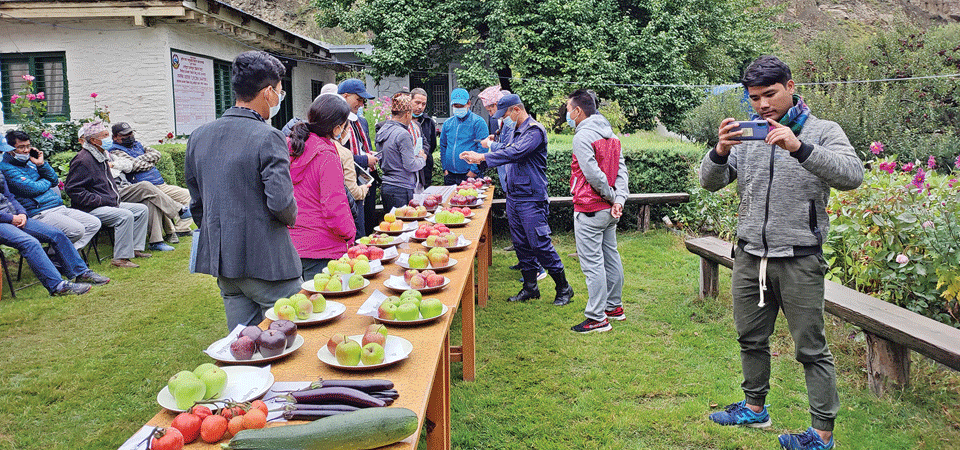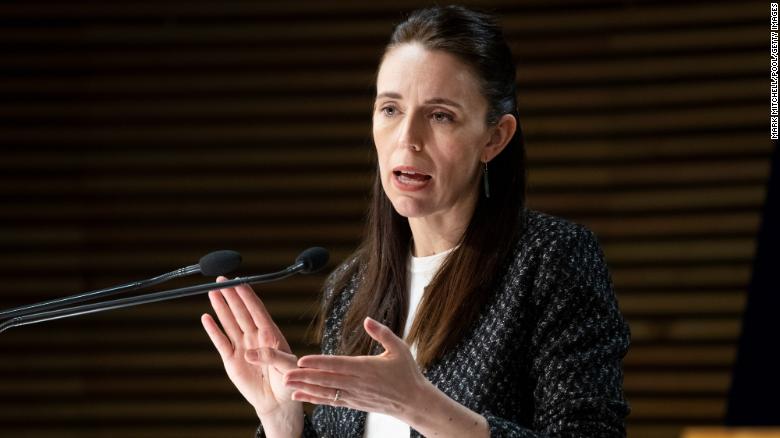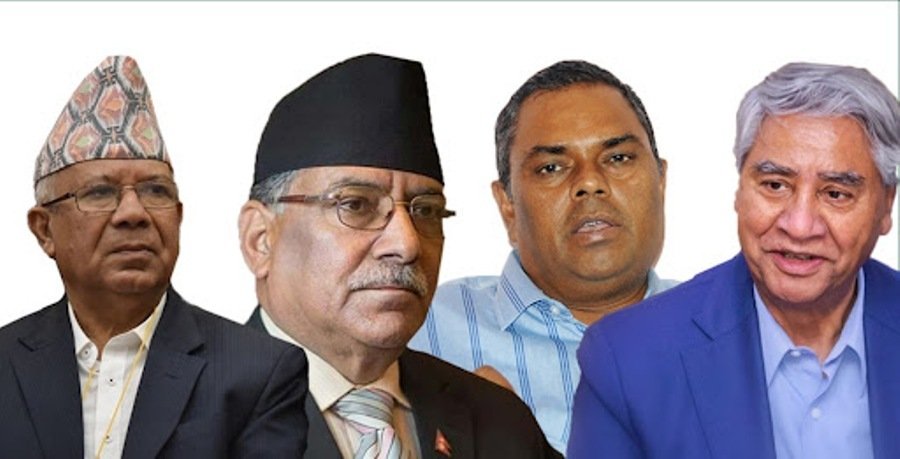NAM is still relevant : Speaker Sapkota
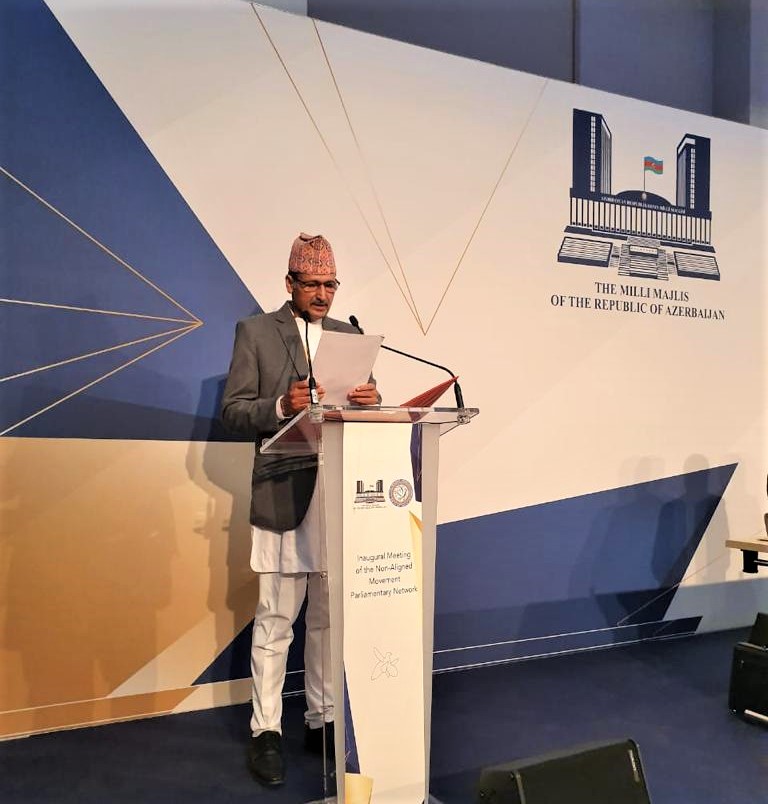
By TRN Online, Kathmandu, Nov. 29: Speaker Agni Prasad Sapkota has underlined the relevance of the Non-Aligned Movement (NAM) for the developing countries to raise voices for peace, justice and development.
The Speaker said so while addressing a meeting of the Network of NAM in Madrid, Spain today.
"The relevance of NAM is still intact today, as we witness instances of threats to world peace, interference in domestic affairs, inequality and unfair treatment. The countries in the developing world continue to be deprived of a level playing field in economic, social and political domains," he said.
He observed, "Until these challenges remain, the NAM Member States will continue to raise voice for peace, justice and development. Our Parliaments will continue to complement and encourage national efforts towards that end".
"In Nepal, non-alignment constitutes as one of the fundamentals of our foreign policy. The five principles of peaceful co-existence, Panchasheel, are based on the teachings of Buddha, the immortal son of Nepal", said Speaker Sapkota.
Full text of statement by Speaker Sapkota at the meeting of NAM in Madrid, Spain:
Statement by Right Honourable Speaker of the House of Representatives
of the Federal Parliament of Nepal at the Meeting of the Network of Non- Aligned Movement (NAM)
Madrid, 28 November 2021
Your Excellency Madam Sahiba Gafarova
Excellencies
Ladies and gentlemen,
I begin by congratulating you, Madam Speaker, for hosting the meeting of the Parliamentary Network of the Non-Aligned Movement (NAM). I put on record our sincere appreciation to the Parliament and the Government of Azerbaijan for their sterling leadership to the movement.
Madam Speaker,
NAM was created with the objectives of upholding the principles of UN Charter, supporting national independence, preserving sovereign equality and territorial integrity and ensuring non-interference in the internal affairs, among others.
NAM aimed at ending all kinds of unjust and unfair treatment against any country and peoples of the global South. Our leaders stood firm in protecting the collective interests in the midst of growing divide caused by the Cold War.
The relevance of NAM is still intact today, as we witness instances of threats to world peace, interference in domestic affairs, inequality and unfair treatment. The countries in the developing world continue to be deprived of a level playing field in economic, social and political domains.
Until these challenges remain, NAM Member States will continue to raise voice for peace, justice and development. Our Parliaments will continue to complement and encourage national efforts towards that end.
Madam Speaker,
Parliaments represent peoples. People entrust parliaments with their mandate to preserve sovereignty. It is through the legislative authority that international obligations come into effect. I believe the parliamentary solidarity and exchange of experiences will consolidate NAM principles and ideals.
In Nepal, non-alignment constitutes as one of the fundamental of our foreign policy. The five principles of peaceful co-existence, Panchasheel, are based on the teachings of Buddha, the immortal son of Nepal. Nepal’s Federal Parliament has been the custodian of democratic norms and values. People have pinned hope on the Parliament for the protection of their rights and enjoyment of development. The Parliament of Nepal is committed to enhancing understanding and cooperation and addressing the burning issues of our times.
In closing, I would like to reiterate that NAM must be able to address the contemporary challenges. We should build collective strength to achieve our
shared goals. I reaffirm firm commitment of my delegation to work with distinguished delegates towards achieving these goals.
I thank you.
Recent News

Do not make expressions casting dout on election: EC
14 Apr, 2022
CM Bhatta says may New Year 2079 BS inspire positive thinking
14 Apr, 2022
Three new cases, 44 recoveries in 24 hours
14 Apr, 2022
689 climbers of 84 teams so far acquire permits for climbing various peaks this spring season
14 Apr, 2022
How the rising cost of living crisis is impacting Nepal
14 Apr, 2022
US military confirms an interstellar meteor collided with Earth
14 Apr, 2022
Valneva Covid vaccine approved for use in UK
14 Apr, 2022
Chair Prachanda highlights need of unity among Maoist, Communist forces
14 Apr, 2022
Ranbir Kapoor and Alia Bhatt: Bollywood toasts star couple on wedding
14 Apr, 2022
President Bhandari confers decorations (Photo Feature)
14 Apr, 2022



